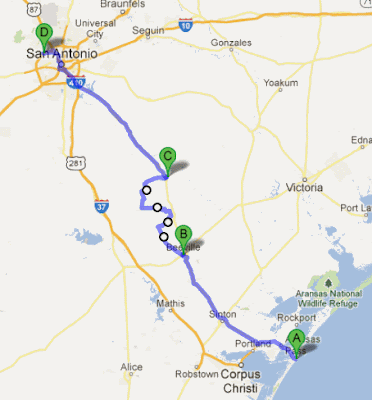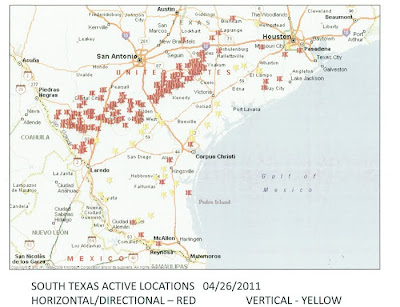The current New Yorker has a fascinating and moving article by Joshua Foer about an amateur philologist named John Quijada. This middle-aged employee of the California Department of Motor Vehicles devoted his life to the creation of a language which contains the most distinctive features of other world languages, from the most common to the most obscure, in an attempt to create a more perfect language. The invented language, which he called Ithkuil, attempts to express concepts in a compacted fashion, so that, for example, a single word can express "that chin-stroking moment you get, often accompanied by a frown on your face, when someone expresses an idea that you've never thought of and you have a moment of suddenly seeing possibilities you never saw before."
The article, "Utopian for Beginners," develops like the usual wooly New Yorker article, taking as much time as is necessary to explain who Quijada is, why he grew interested as a youth in invented languages, and what he achieved with Ithkuil. But it is when he learns that his invented language, which he had published on the internet, had been taken up by a group of intellectual Russians and other post-Soviets, that the story suddenly becomes like a Bolaño novel.
Quijada is invited to attend a conference in an obscure corner of the forgotten USSR and finds that he is considered a hero by young students who are using his language in a discipline called psychonetics. Psychonetics turns out to be one of those quasi-mystical, quasi-scientific fields that Russians and other former Soviets tend to foster -- an allegedly scientific approach to changing how people think.
Quijada once hoped to become an academic, a professional linguist, but simply couldn't afford to go to grad school, and instead became a bureaucrat in a state agency. Now, still slightly mystified by his hosts' goals, he basks in the attention of scholars:
As the evening unfolded, he found himself perched barefoot and cross-legged on a sofa, with a group of young Russian students gathered on the rug at his feet.
"I was surrounded by all these people hanging on my every word. It was intoxicating -- especially for a loner like me," Quijada said. "For one day, I got to play as an academic. I got to live this fantasy where I took the other path in the garden. I got to see what it would have been like if I had gone to graduate school and become a professional linguist. The fates of the universe tore open a window to show me what my life could have been. That night, I went back to my room, took a shower, and burst into tears."
You'd think that this would be enough of a poetic ending to Quijada's story. But it's after this that things start to get weird.
Invited to another conference the next year, he gains an insight into what these "psychonetics" enthusiasts are really about. It turns out that one of the primary supporters of psychonetics is an ultra-nationalist who "talks of developing 'intellectual special forces' that can bring about the 'reëstablishment of a great power' in greater Russia, and give birth to a 'new race... that can really be called superhuman.'" It seems the psychoneticists want to use Quijada's "more perfect" language as a tool.
Appalled by their goals, Quijada withdraws from any further participation in post-Soviet psychonetics, and the article's author draws the usual wan New Yorker-ish conclusion that Quijada isn't the first person to invent a language and see it being used for means he never intended.
But I was impressed by the story's Bolaño-ish theme: How the actions of well-meaning people are adopted by a fascist movement, and the temptation this represents for ordinary people.











